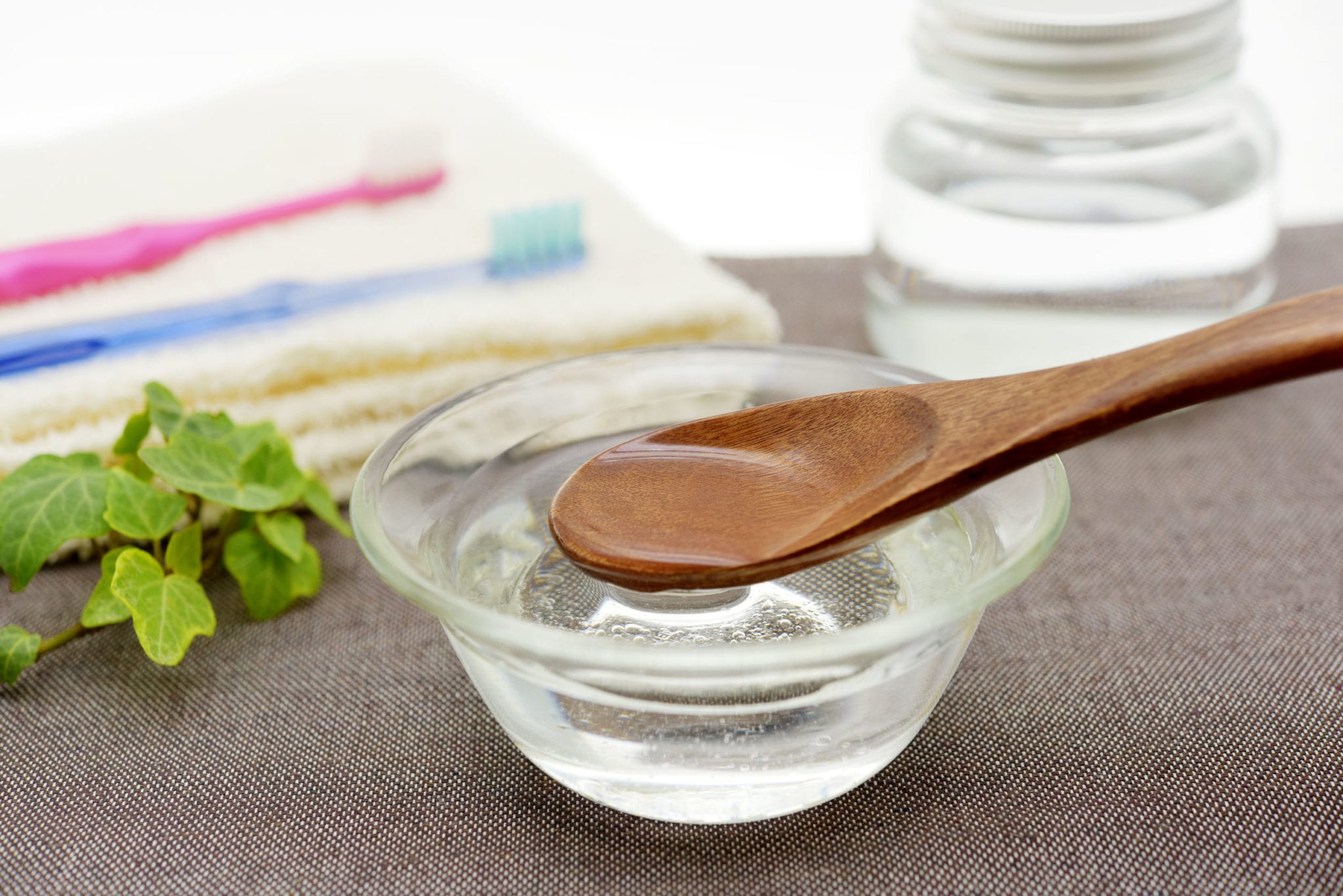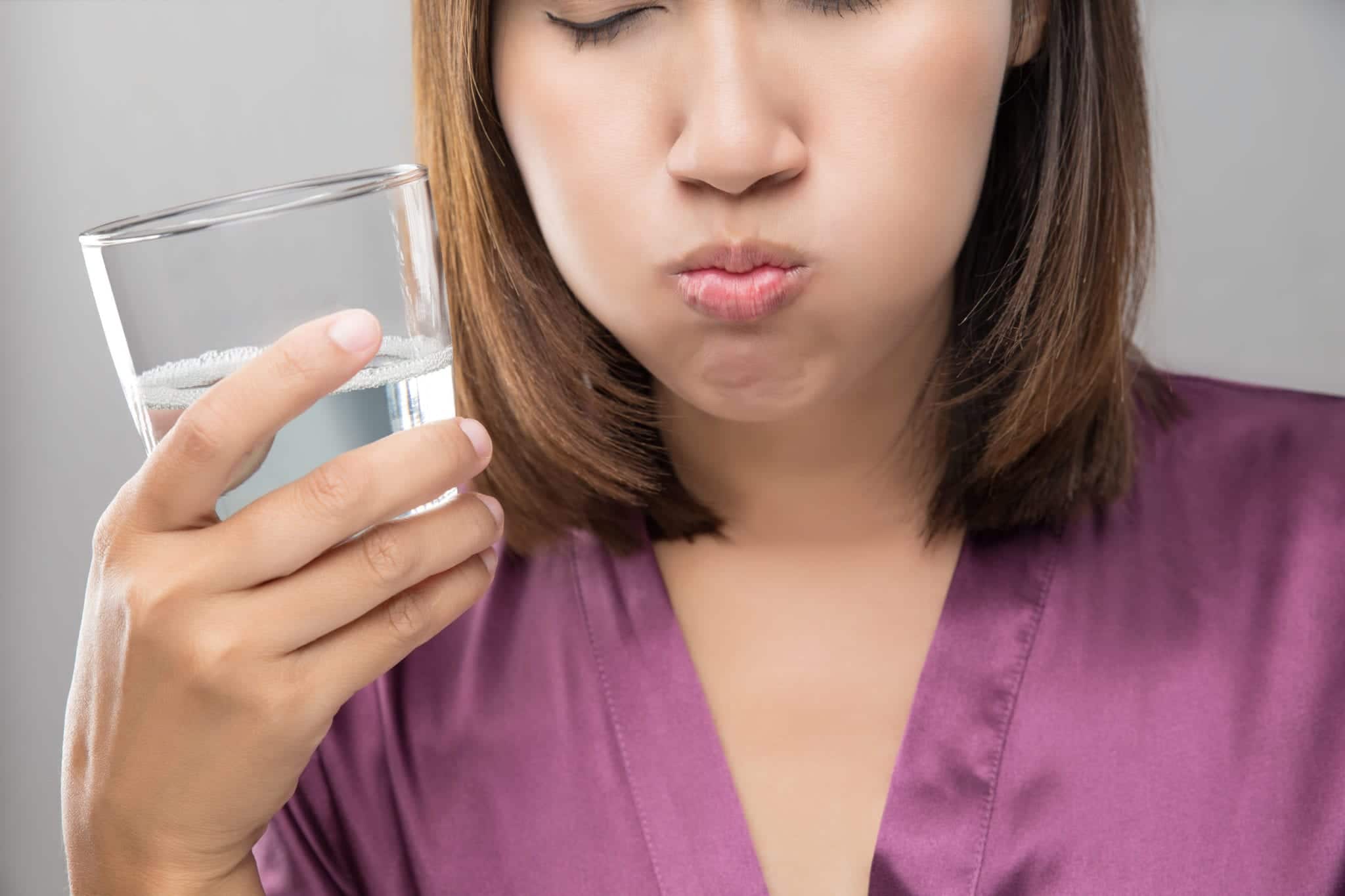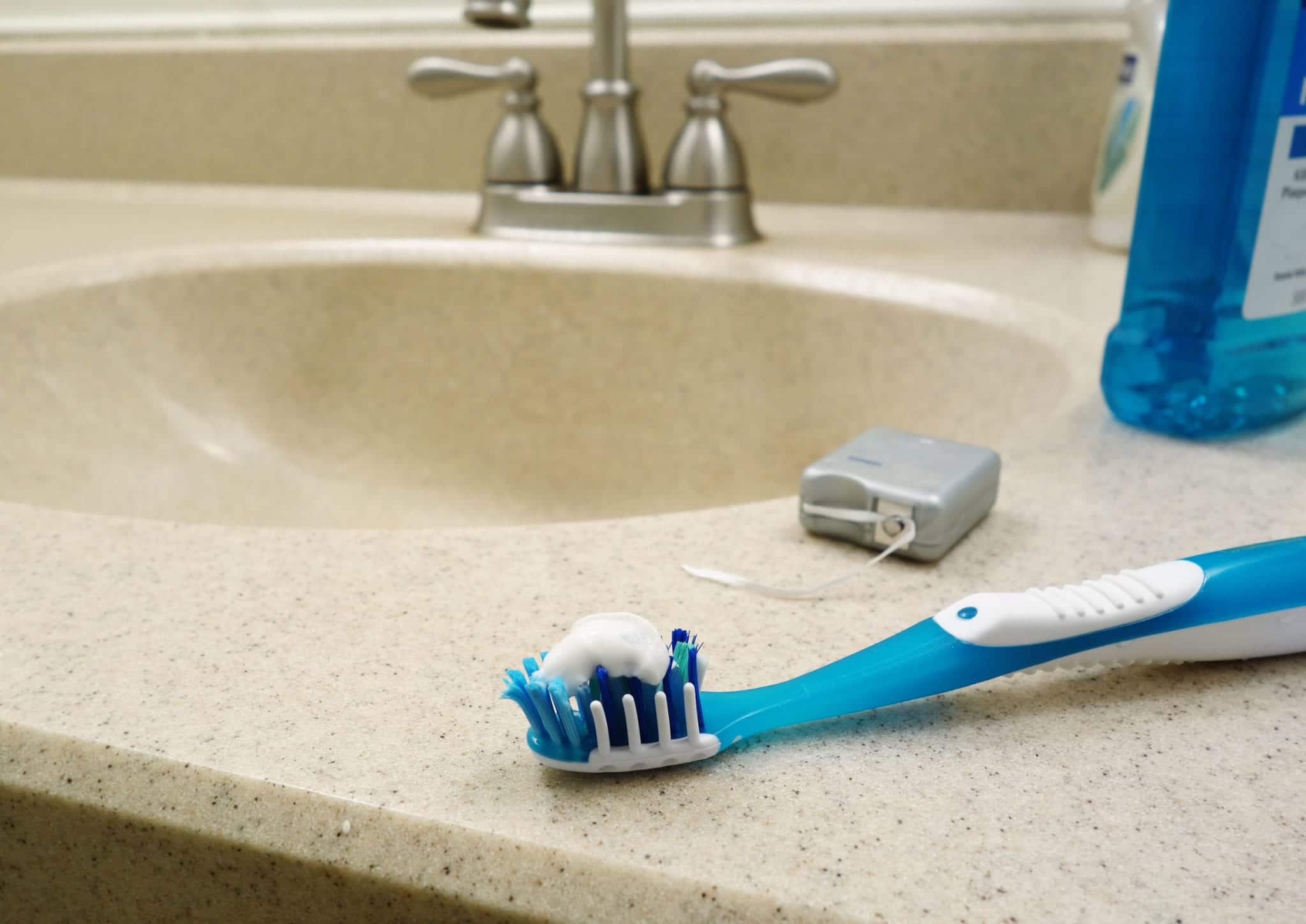
Every once in a while, ancient trends resurface under the guise of a new solution for weight loss, clear skin, or increased muscle tone. One of these trends is oil pulling, which targets dental hygiene, and therefore, overall health.
You might have heard of oil pulling recently… or it may have been a few years ago when you heard about it. This is one trend that seems to cycle through every so often.
Whatever the case, if you’re thinking about giving it a go, it’s important to know what you’ll actually get out of oil pulling before you start rummaging through your kitchen cabinet.
What Is Oil Pulling?
Oil pulling is an Ayurvedic method for maintaining dental health. A common practice in India for centuries, the technique was only introduced in the West recently. Beauty blogs, influencers, and even well-known doctors have endorsed the practice for its effectiveness and ease.
All you need to practice oil pulling is… oil.
The most recent iteration of this cyclical trend seemed to have been that coconut oil was the be-all and end-all. Truth be told, sesame oil and other types of natural oils have had their moment in the sun, too.
You can grab a tablespoon of any one of these oils straight from your cabinet, and likely achieve similar results. (If you have little ones, they should only swish a teaspoon of the same oil.)
How Do You Do It?
Wake up. Pour a tablespoon or two. Swish. Spit. Then rinse. That’s it!
Do it before you eat, before you drink, before you do anything else. Swish the oil around your mouth for at least five minutes. Some believe in a full 20 minutes of practice, but do what’s most comfortable for you. After you spit, you can rinse or brush your teeth as normal.

(Don’t have ten extra minutes in the morning? Try swishing while taking your morning shower!)
Most people who practice oil pulling limit their practice to once in the morning, but advocates claim that oil pulling three times a day (before meals) can help to advance the healing effects of this practice.
Our only other recommendation is to spit the oil in a trash can. While the oil will thin as you swish, it becomes thick again as it cools and could eventually clog up your sink if you oil pull every day.
What Is Oil Pulling Supposed to Do?
Surprising as it may be, both general advocates of Ayurvedic practices and the scientific community say that oil pulling works.
Oil pulling advocates claim that the oil “pulls” toxins and bacteria out from under your gums and from in-between your teeth. Others believe the practice can whiten teeth, reduce bad breath, and even reduce sinus pressure, among other benefits.
Although we do not recommend foregoing your normal dental hygiene routine, there are even some advocates who actually say that oil-pulling can replace brushing your teeth altogether.
What Does the Research Say?
Studies on oil pulling have produced positive results, attributing a reduction in bacteria and toxins to the practice as well.
One study of adolescents with plaque induced gingivitis saw significant reductions in plaque after one month of regular “pulling.” Others pair oil pulling with mouthwash, and the participants who used both saw the highest reduction in plaque.
There have even been studies comparing different types of oil. Sesame was deemed most effective in those, likely due to its antibacterial properties. However, coconut oil has properties that fight against multiple types of bacteria, too.
Should I Add It to My Routine?
So, let’s bring it back to our initial question. Ultimately, you can use the evidence we’ve provided to make your own decision, but we’ll leave you with some final thoughts.
There is some evidence that oil pulling can benefit your teeth and gums by eliminating toxins and encouraging saliva production, something that is key to dental health.
If you do start oil pulling, stay hydrated. Many people initially experience dry mouth after they start.
Try it out before you brush your teeth in the morning. If you experience jaw soreness or other side effects, hold back or stop oil pulling completely.

Remember, oil pulling is not required for a healthy mouth; practices like flossing and using mouthwash can also do the trick.
Feel free to try this practice, but again, we do not recommend complete substitution for regularly brushing. Talk to your dentist for more information on oil pulling and creating a daily dental hygiene routine.






